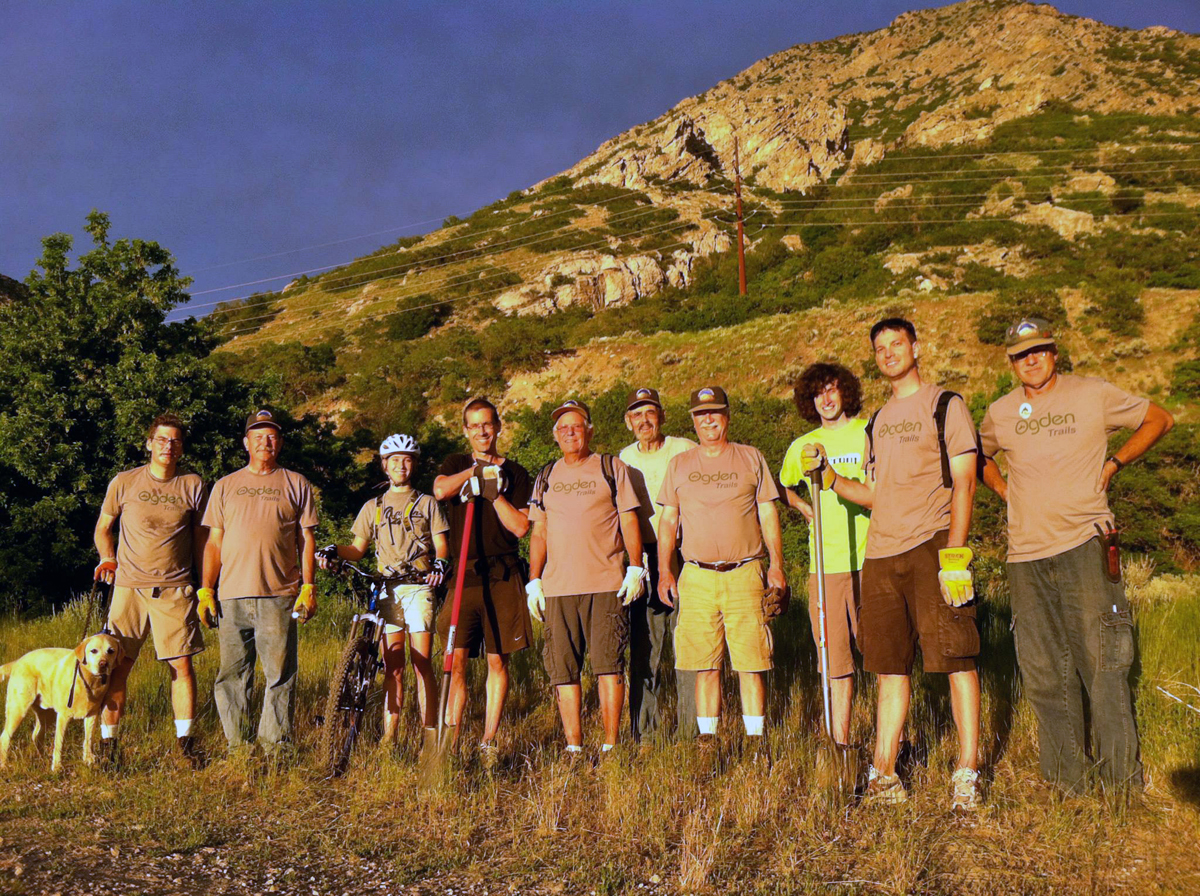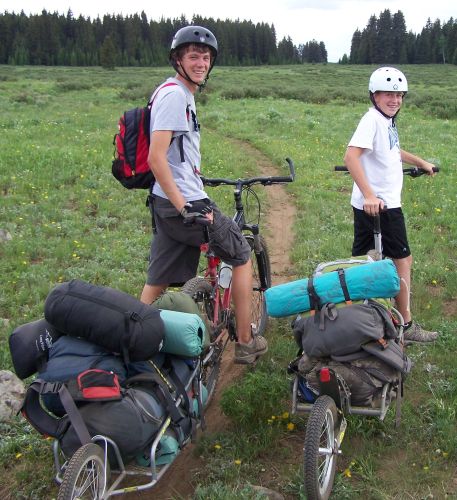By Charles Pekow — National surface transportation law needs to be replaced this year and advocates in Congress say it will be. They don’t want Congress to just kick the can down the road another year, as has happened so many times before. And the legislators in charge, at least in the House, are cyclists themselves and strong advocates for bicycling.
As of yet, the main legislative vehicle for replacing the FAST Act hasn’t been introduced. But ideas are floating around, including in some pieces of legislation on the table that might get folded into the new law.
Rep. Peter DeFazio (D-OR), who chairs the House Transportation and Infrastructure Committee promised at the recent 2021 virtual Bike Summit put on by the League of American Bicyclists that “we are not going to do Eisenhower 7.0 (but) 21st Century 1.0.” But he added that “we still have a problem with many members of Congress (who) don’t recognize bicycling.”
But DeFazio says the bill he will introduce will provide $6.25 billion to help states meet targets for “active transportation.” He also promised to reform Transportation Alternatives, to provide flexibility in matching requirements and technical assistance. He said the bill will restore and expand Safe Routes to School and include a Complete Streets provision.
Rep. Earl Blumenauer (D-OR) who sits on the Ways and Means Committee, which handles tax legislation, promised to push a tax credit for buying ebikes, plus Vision Zero and to clarify in law that that bikeshare programs can get transportation grants. Current law was written before they became popular so it’s not clear if they’re eligible.
Rep. Ayanna Pressley (D-MA), who co-chairs the Congressional Bike Caucus with Blumenauer, pledged at the summit to introduce a Freedom to Move Act that would include funds for bike shelters, mainly with public transit.
Meanwhile, several pieces of legislation have already been introduced.
These include Blumenauer’s Bicycle Commuter Act of 2021 (H.R. 384), which would reinstate the defunct tax benefit for employer subsidies for the costs of biking to work and make sure it would include bikeshare and ebike costs.
Also, Rep. Julia Brownley (D-CA) introduced the SAFE Streets Act (H.R. 508), which would give states a year to develop a “vulnerable road user safety assessment,” to include a study on locations with safety problems and projects to address the issues.
Over in the Senate, Sen. Edward Markey (D-MA) introduced S 684, which would provide federal grants to build bike and pedestrian connections among communities.








